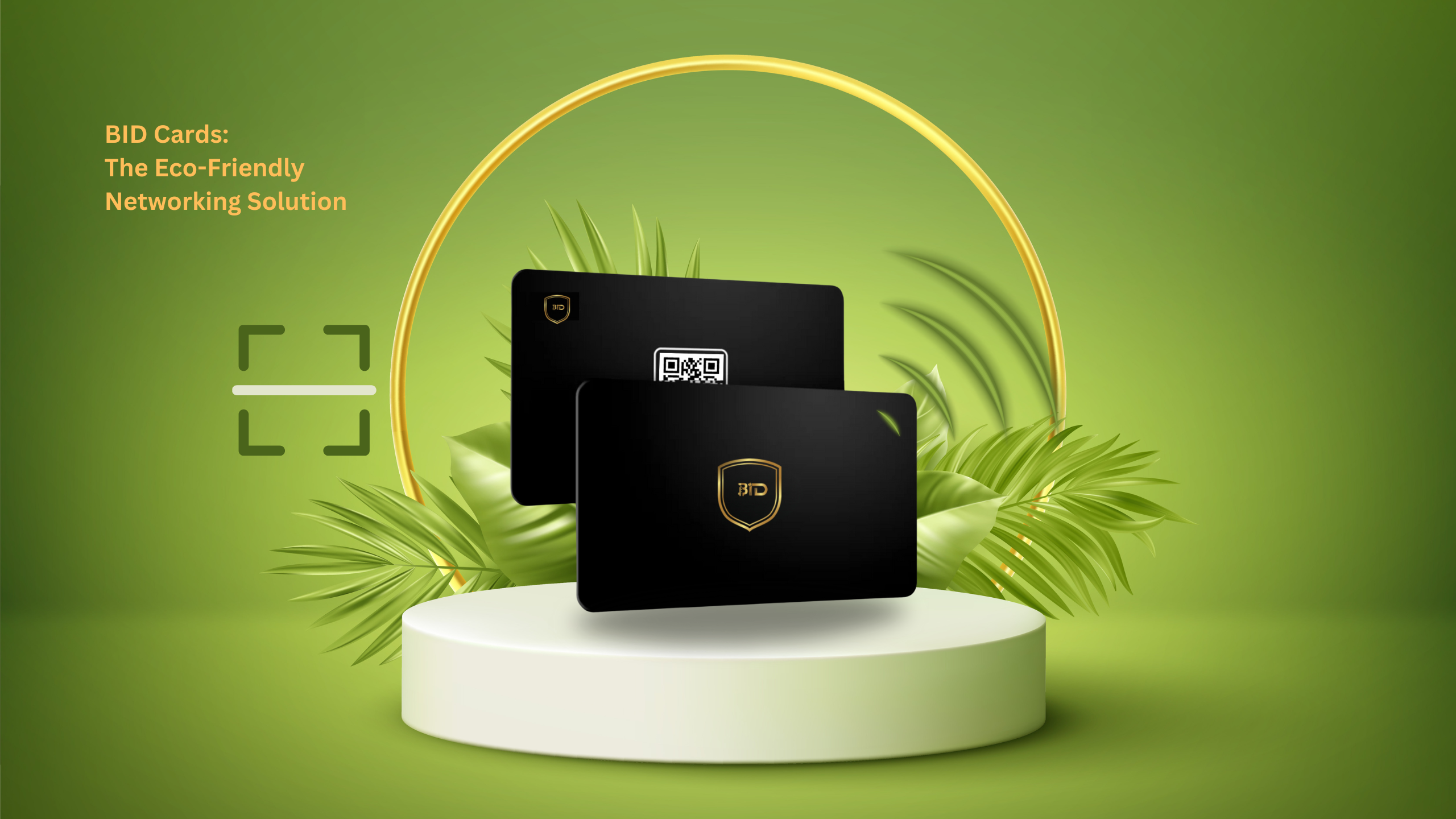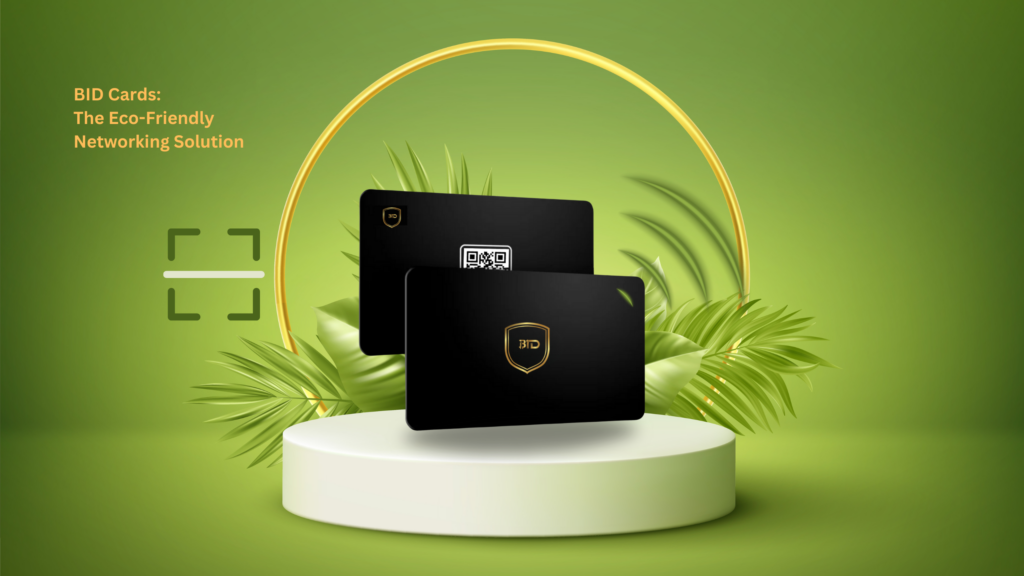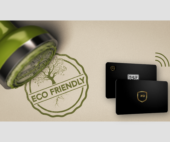
Eco-Friendly Networking Solution
In a world increasingly focused on sustainability and eco-consciousness, adopting digital solutions like BID Cards is more than just a technological upgrade—it’s an environmental imperative. Traditional paper business cards, long a staple of professional networking, have a surprisingly significant environmental impact. By switching to digital business cards like BID Cards, individuals and businesses can actively contribute to preserving the planet while enjoying the benefits of modern networking.
The Environmental Cost of Paper Business Cards
The traditional paper business card industry may seem harmless, but the numbers tell a different story. Each year, Over hundreds of millions business cards are printed globally, requiring vast amounts of resources:
- Deforestation: Trees are the backbone of paper production. For every ton of paper, approximately 24 trees are cut down. When you consider the millions of cards produced annually, the scale of deforestation is staggering.
- Water Usage: The paper industry is water-intensive. Producing a single ton of paper consumes over 20,000 gallons of water.
- Carbon Emissions: From harvesting trees to manufacturing and transportation, the carbon footprint of paper card production is significant. The process emits tons of greenhouse gases into the atmosphere, contributing to global warming.
- Waste Generation: A staggering 88% of business cards are discarded within a week of being exchanged, adding to landfill waste and environmental degradation.
BID Cards: A Sustainable Alternative

Switching to BID Cards, a digital and eco-friendly alternative, eliminates the need for multiple physical cards. Here’s how BID Cards support sustainability:
- 1. Reduces Deforestation
By eliminating the need for paper production, BID Cards directly reduce the demand for trees. This helps combat deforestation and preserves natural habitats for wildlife. - 2. Minimizes Water and Energy Usage
Digital business cards do not rely on the water-intensive processes of paper manufacturing. Additionally, the energy required to create and share BID Cards is minimal compared to the energy needed for producing and distributing physical cards. - 3. Cuts Down on Carbon Emissions
BID Cards are shared digitally via NFC, QR codes, or personalized links, eliminating transportation emissions associated with the delivery of paper cards. This helps reduce the carbon footprint of business networking. - 4. Eliminates Waste
Unlike paper cards that often end up in landfills, BID Cards are reusable and completely digital. Updates to contact details, logos, or job titles can be made instantly without the need to reprint. - 5. Promotes a Circular Economy
BID Cards align with the principles of a circular economy by reducing resource consumption and waste generation. Their digital nature ensures they can be reused indefinitely, supporting sustainable business practices.
Adopting BID Cards isn’t just an environmentally responsible choice—it’s also a powerful branding tool. As businesses and professionals increasingly align with sustainability goals, using BID Cards demonstrates a commitment to eco-conscious practices. This resonates with modern consumers, who are more likely to engage with brands that prioritize sustainability.
The Bigger Picture: Driving a Culture of Sustainability
Switching to BID Cards represents a small but impactful step in the global movement toward sustainability. By embracing digital business cards, professionals and businesses set an example, inspiring others to adopt greener practices. As more people transition to digital solutions, the cumulative environmental benefits grow exponentially.
The environmental benefits of adopting BID Cards extend far beyond reducing paper waste—they contribute to a greener, more sustainable future. By choosing BID Cards, you’re not just simplifying networking; you’re also taking a stand for the planet. In a world where every action counts, BID Cards are a simple yet effective way to make a positive environmental impact while staying ahead in the digital age.
Make the switch today—because sustainability is not just an option; it’s the way forward.




